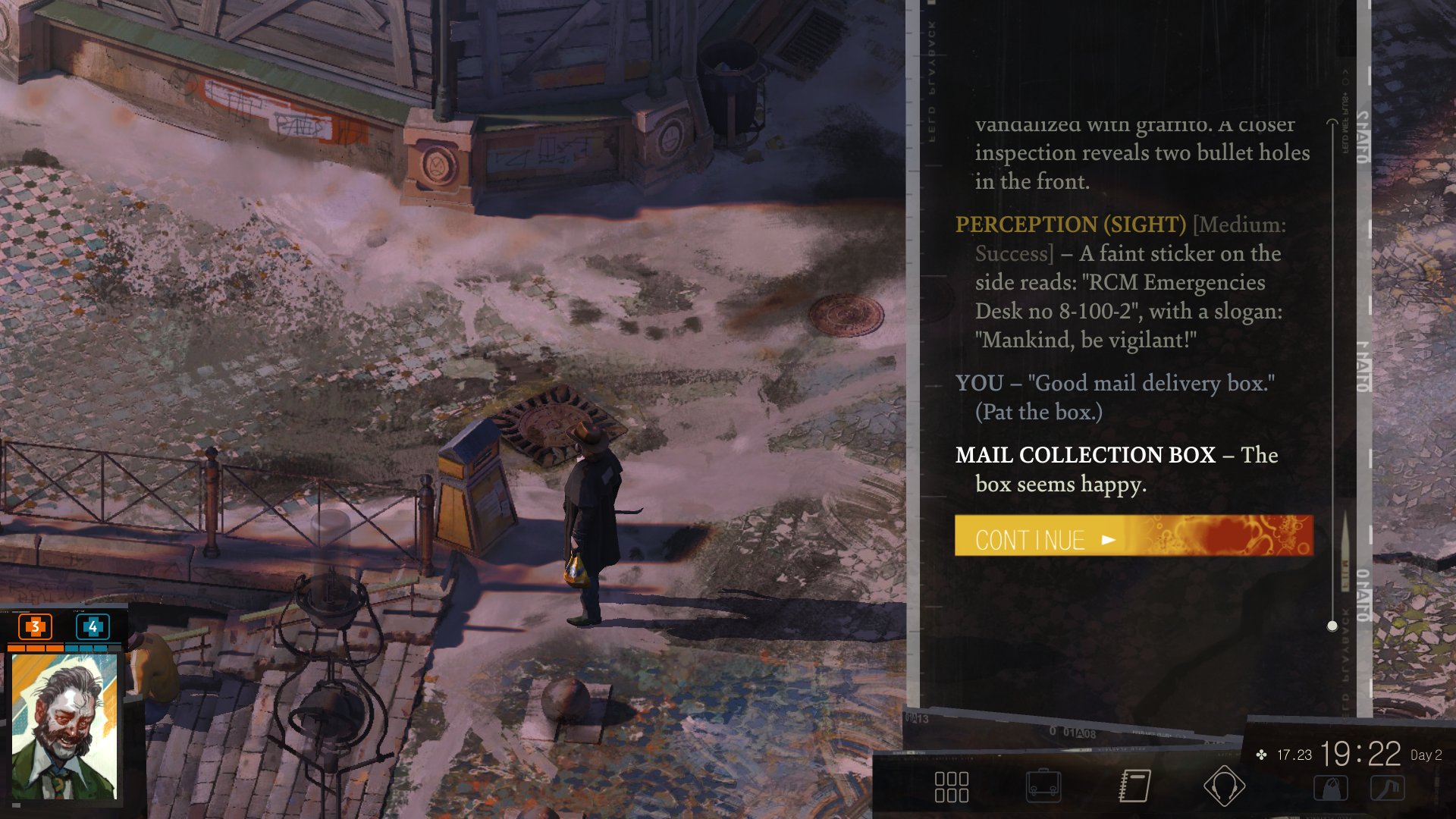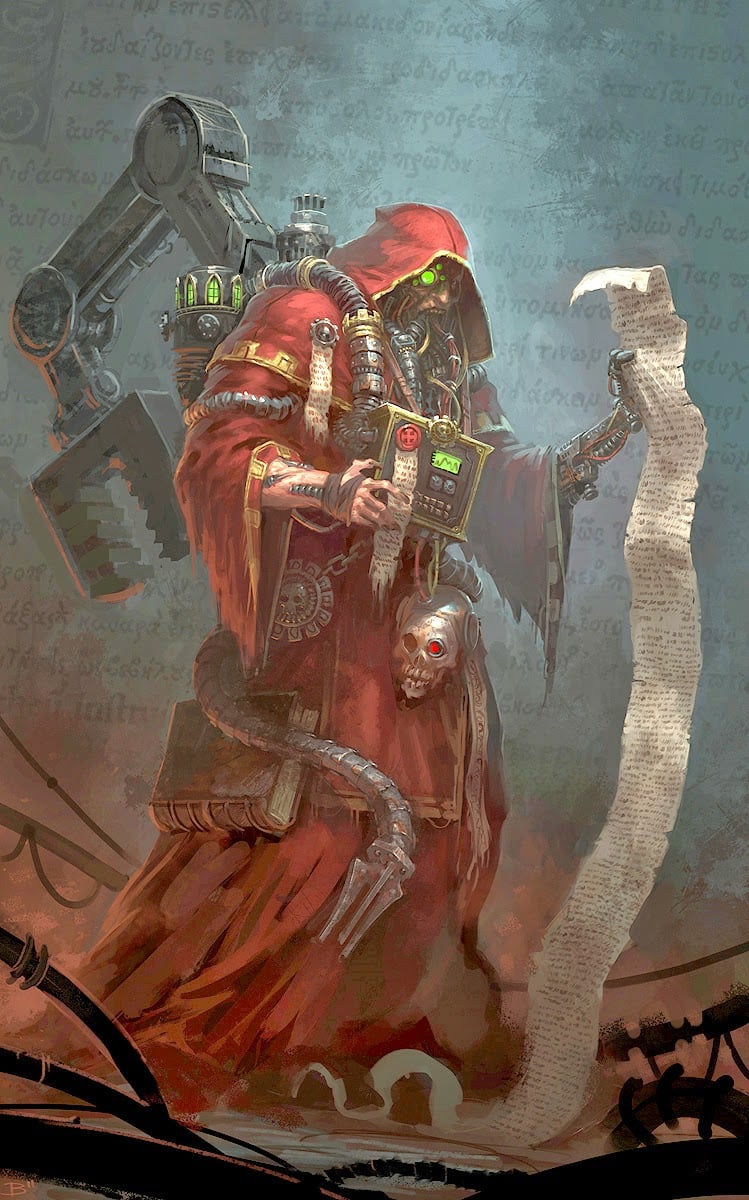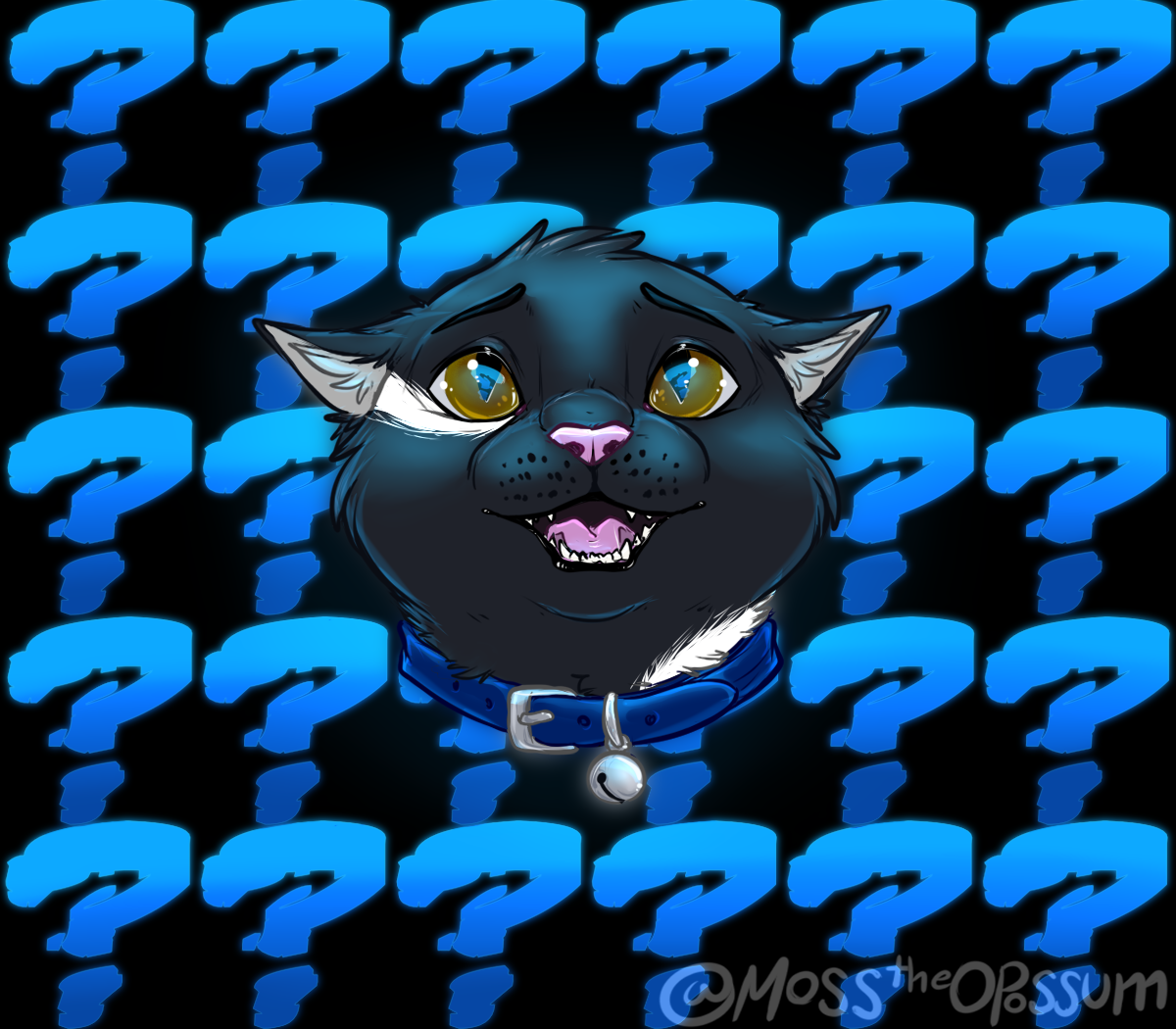I misread autism as one of the coauthors, so
Albert “Al” Autism. Most famous scientist in his field
lemme guess, this paper is probably pay walled also?
God i love modern science, it’s so much fun.
Yes.
incredible, what a fucking shitpost this is.
? shitpost ?
the paper is almost definitely going to be sad given the fact that people can’t read it, since it’s behind a pay wall.
and just for the record in case you don’t know what a shitpost is, it’s often a half joking statement, not intended to make an incredibly serious point.
Gotta say this is one ASD trait that I very much don’t have and is kind of hard to relate to.
Mother fucker…
I personified numbers all the time, 8 and 9 were based off of Smithers and Burns, 4 and 7 were female 4 was more the girl next door, and 7 was more the “Good bad girl”
I genuinely got separation anxiety after taking my last CRT to the tip.
Anyone got a link to the paper? I kinda want to read it
thanks, the paper won’t be sad anymore!
I object.
Well now I’ve gone and personified you. Hallo, object!
I object.
I hear sci hub is a pretty cool website that lets you find a paper by its doi number
The DOI number is nowhere in this post so 🤷
I hear there’s another neat website called google that lets you find the doi of a paper by its title
Let me sum up the concept for you. People who are on the spectrum see the entire world around them as alive. Many often feel a connection to much of their environment. Now as to how the paper see’s that ether a positive or a negative I couldn’t say because I certainly don’t care.
That generalization is not necessarily true, from personal experience, I for sure don’t think of everything as “alive”.
You can feel about it however you want but I see it the way I see it. My son who also has the tisms see’s it much the same way I do. We are all different and I know people who don’t have that connection at all who are also autistic. If you don’t have that feeling you wont get it.
I think I used to have that feeling when I was a child, but not anymore lol.
I don’t have it as much as I used to but I can be in a place and feel a deep connection to things. Objects I’ve had for a long time that get broken will cause me grief. More so for people and pets but there is always that feeling with things in my environment. I would say it all in my head buy several times in my life wild animals have just came up to me like I was familiar to them. Crows especially will interact with me from time to time. Rarely do I encounter a dog or cat that doesn’t immediately like me.
The world of matter is an illusion created by the mind. The true reality of the world is a network of conscious agents. Everything really is alive.
[Blond_guy_blinking_meme.gif]
Wait, other people don’t do that? Well, that explains a lot… Since I was a kid, I never understood how people treated their stuff so badly and throw stuff away without a second thought. I take care of my stuff for as long as I can, and almost never throw anything away. They’re like companions who walk with me in my life, and I’m never giving up on an old friend.
Other people also do that
True. Only the frequency of occurrence that is different.
I apologize to my things when I accidentally bang them against something.
Sometimes objects im using have like, a personality and desire? Like they won’t want to get thrown out or there’s some kind of relationship between two forks.
Its kind of subconscious - I’m only somewhat aware of it. Its weird.
Also when in recalling things Ive learned recently I’ll sometimes recall a place I’ve been to as well. This happens most frequently with code for some reason. Programs I’ve written or functions will be strongly tied to places in some way? I don’t get it.
Thats probably just an accidental association/linking by your brain. When we learn new things our brain creates neural pathways and these become ‘memory’. If there is something that you learn and at the same time it happened to be when you moved to a new house, were on holiday at a different place or perhaps when you met a new person, your brain may go 'you learned this new thing and that place/person/smell/emotion was also there so i will ‘save this’ together as part of the same memory.
Its like playing a game from your childhood reminding you of the music you were listening to at the time you played it, or a skill you learned reminding you of that awesome dinner you grandma cooked because she was staying with your family at the time.Also when there is strong emotion involved with a memory (excitement, sadness, anger, the first time you kissed someone, etc) then you brain says ‘this is very important’ and you remember a lot more detail, like the smell of someones perfume and the red car that was parked on the street.
That’s part of why I love this song. Same vibes, to me.
I’m not autistic and I feel the same way. It makes me sad to throw something away if it’s still got some use in it.
I don’t think that’s exactly the same situation though. Your comment reads as utilitarian, is that your reasoning for it? The object personification lends to an association of empathy for the object itself. Meaning that maybe the object is a human too and acts as we do
No it’s definitely empathy. I feel bad for the object if it’s been discarded before it’s time (and even when it is time sometimes if it’s something I’ve had for a while)
This comment will be very sad if you don’t interact with it
Goddammit you got me
🫂
Downvoting so comment is happy
I’m confused, but happy.
The comment has a degradation kink.
When the comment experiences more sexual attraction than you do 🙃
Can someone explain like I’m 5?
Scientific papers are often titled “What it’s actually about: something witty.” This one is about object personification and so after the colon they personify the paper itself by giving it an emotion.
Thanks for your response, I appreciate it! That makes sense.
Oh, that makes sense. I interpreted “sad” as the paper making the person who didn’t read it sad, the same way sad music is about making the listener sad than the actual music itself.
A lot of people with autism feel bad when you hurt an objects feelings, which contradicts the traditional “autism is when no empathy” narrative.
Thank you for explaining, I understand now. :)
“This paper will be very sad if you don’t read it.”
Implying that if you read the paper to avoid making it sad you are autistic.
So it’s just one more bad autism joke
ok shitpost time.
Technically the paper is about the personification of objects in relation to autism.
If you do not read the paper it will be sad. Since it’s the paper being sad, and not you thinking that the paper will be sad, technically we could argue that the paper is just lonely and wants somebody to talk to.
You’re personifying the paper by assuming that it can feel an emotion
i wouldn’t have done it if the paper didn’t say it was itself.
Arguably the paper here is personifying itself, our interpretation of it is dependent on whether or not we want to believe the paper or not. I’m not the one ascribing the emotion of sadness to the paper, it’s the paper ascribing it to itself. I’m merely interpreting what the paper says to be the probable truth here.
And why do you interpret what the paper says (that it can feel sadness) as true ?
because that’s what the paper said, and i’m allowed to think whatever i want to think. Maybe i think the papers true because for the purposes of this thread, it makes my shitpost funny, maybe i think it’s true because i think the concept of sentience is bullshit.
Maybe i’m just lying and i don’t actually think it’s true, but i’m just saying it is for the statement.
Now I have to read the rest
That poor, sad little paper
It’s going to be happy once I read it all
As a child I would hide newspapers under the couch so my mommy wouldn’t use them in the fireplace.
Oh no the poor newspapers
My dad had to mow the lawn when I was away or heavily distracted because I’d cry about the dandelions and daisies being cut down lol
Still irks me to this day when I have to do it.
It’s the opposite for me. As a child, I had an irrational fear of dandelions. When my dad had to mown the lawn, I cheered from the window, as I could finally go outside again.
Given the climate collapse I figure we’ll both lead lives that will eventually lead us to Highlander-Dueling it out over the last dandelion and what to do with it
TIL that Japanese people are all autistic.
edit: an explainer as I can see how this sounds insensitive without context (note that I am not Japanese, this is only from what I have come to understand as an outsider looking in)
Japanese folklore, as Shinto, puts forth the idea that inanimate objects can have (or develop?) their own (personified) spirits. This has carried over to modern behaviour and beliefs, where personification of objects is quite common.
Even if most Japanese don’t identify as being of Shinto faith/spirituality, and probably don’t believe that random inanimate object X has a living spirit within it, items are often treated with great care as though they were to have a spirit. (theory time: maybe this plays a part in why you can often find used items in such good condition in Japan…)
I came here looking for a discussion about a link between Autism and animism (as being the oldest known spiritual practice).
I think your just talking about animism and confusing the relation
Oh I agree there’s probably no relation. Reading this I just found the overlap between autistic tendencies and Japanese cultural tendencies to be interesting, not indicative of anything else.
I agree, the overlap is very cool!
I’ve noticed a lot of things that are considered autistic in the states specifically may be normal practice in various cultures, having worked with people in Germany, and from a large swath of Asia.
It interests me a bit, but I think the takeaway is that autism tends to manifest in a number of quirks, and the ones that don’t align with the current culture the autistic person is in are the ones that are paid attention to. That and there tends to be a bit more obsession over said quirks than in those cultures, sometimes to the detriment of the autistic person or their social life.
I’m a screw and the system just keeps whacking me with a hammer.

You must now boot up Disco Elysium and go tell the mailbox that everything will be ok.
/kicks -1hp














